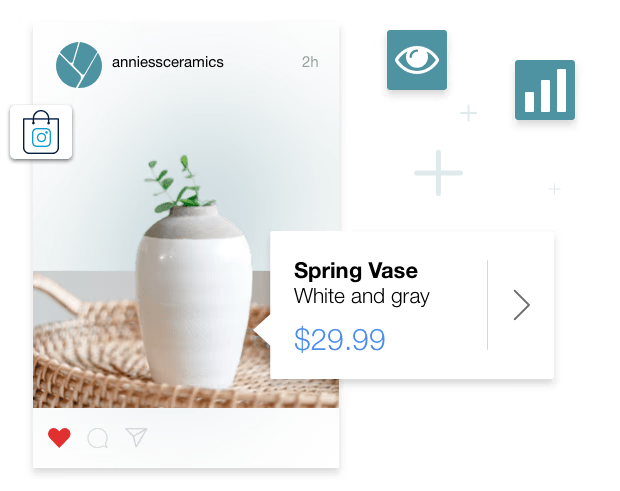eCommerce platforms
The right eCommerce solution for you

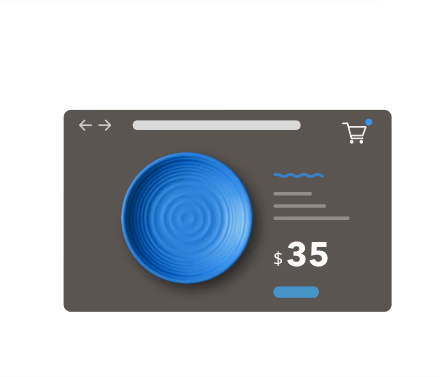

Social Buy Button
eCommerce Plugin
Online Store
Online Store Expert
Add a button and sell on your website
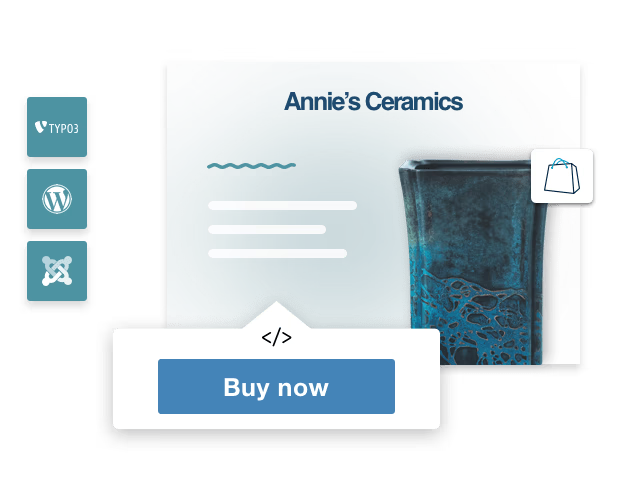
Build an eCommerce website, fast
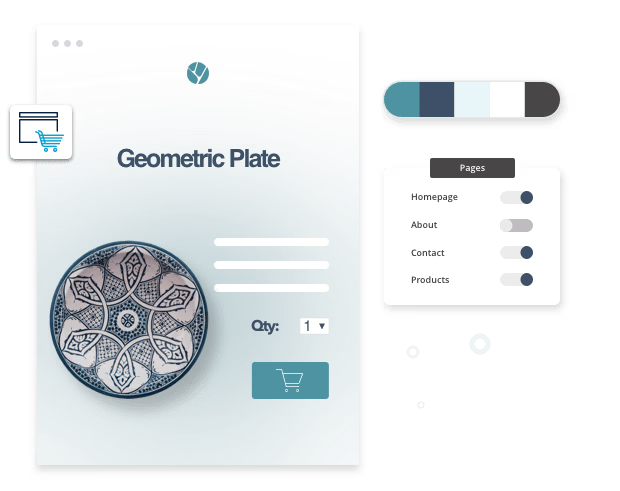
Take eCommerce to the next level

Sell on your own website | |
|---|---|
Social Buy Button | |
Online Store | |
eCommerce Plugin | |
Online Store Expert
| |
Number of products0 | |
Social Buy Button | 10 |
Online Store | 500
(expandable) |
eCommerce Plugin | 5,000
(expandable) |
Online Store Expert
| 1 million
|
Sell digital products0 | |
Social Buy Button | |
Online Store | |
eCommerce Plugin | 1 GB per file |
Online Store Expert
| 10 GB per file
|
Import product data0 | |
Social Buy Button | |
Online Store | |
eCommerce Plugin | |
Online Store Expert
| |
Website builder included0 | |
Social Buy Button | |
Online Store | |
eCommerce Plugin | |
Online Store Expert
| |
Flexible payment methods0 | |
Social Buy Button | around 20 options |
Online Store | around 20 options |
eCommerce Plugin | around 70 options |
Online Store Expert
| around 70 options
|
Flexible shipping and pickup options 0 | |
Social Buy Button | standard shipping only |
Online Store | standard shipping, expandable |
eCommerce Plugin | |
Online Store Expert
| |
Sell on Facebook0 | |
Social Buy Button | |
Online Store | |
eCommerce Plugin | |
Online Store Expert
| |
Sell on Instagram0 | |
Social Buy Button | |
Online Store | |
eCommerce Plugin | |
Online Store Expert
| |
Sell on Google Shopping 0 | |
Social Buy Button | |
Online Store | expandable |
eCommerce Plugin | expandable |
Online Store Expert
| |
Marketing tools0 | |
Social Buy Button | |
Online Store | expandable |
eCommerce Plugin | |
Online Store Expert
| |
Professional store management0 | |
Social Buy Button | |
Online Store | |
eCommerce Plugin | |
Online Store Expert
| |
Mobile app0 | |
Social Buy Button | |
Online Store | |
eCommerce Plugin | |
Online Store Expert
| |
Social Buy Button | |
Online Store | |
eCommerce Plugin | |
Online Store Expert
| |
Free support and how-tos
One contact for all your questions
Individual support
Product guides and videos
In the IONOS Help Center you'll find information on lots of website topics. Start with website basics like design and SEO, or deepen your knowledge of analytics, eCommerce and marketing.
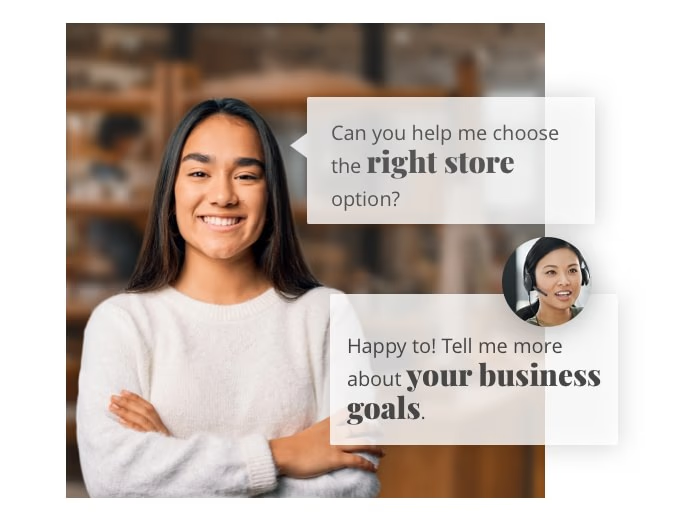
How to sell on social media
How to start selling online
eCommerce checklist: Make your store successful
1
Get organized: Think of a story!
What do you want to achieve with your online store?
Will you sell online only or will you also go the brick-and-mortar route? Do you have a website already and want to add a store?
How are you planning to get visitors to your website?
Is there a smart way to create synergies between online and offline prospects of your business?
Do you have someone to help you set up your eCommerce platform? Do you have programming skills?
What is your value proposition? What problem are you solving for your customers?
Do you have sales staff that use the online store to present your products?
Do you explain the details of your products correctly?
2
Design and structure your store
Will you have a few key products or a wide range of items?
How are you going to display these product pages to users of your website?
How is your navigation structured?
How can you make sure you have stunning images of your products?
Think about easing the checkout process for your visitors.
Think mobile first, meaning: responsiveness of your store interface.
Do you want to sell your products in one country or more? Do you offer multiple currencies?
How do you want to interact with your customers? Via chat, phone or email?
3
Administration
Keep in mind that you'll need process emails for order confirmations, payment, shipping, etc.
Set up payment methods: Offer your customers their preferred payment method, depending on your industry - credit cards, cash on delivery, PayPal, etc.
Think about how you want to deliver the items. You can choose your own carrier or use one that's integrated in the ready-made shop solution. Offer your customers different shipping rates. A flat rate, for example $5 for any purchase, or free shipping starting with a certain amount spent. You can even adjust your shipments depending on volume or weight. Use this feature only if selling high volumes of goods. Otherwise just decide which flat rate is best for your business.
Track your sales with Google analytics, improve your conversion.
Do you need a store system that includes inventory management?
4
Secure a domain and go live
Choose a domain name that fits your business.
If your country specific domain is not available, think about having a domain that fits your industry such as .restaurant. This can increase your chances of finding an available domain and demonstrates which industry you belong to.
5
Marketing and multi-channels
Look for ways to involve customers: email marketing, coupons, discounts, start customer loyalty programs.
Do you want to sell on Amazon or eBay? How can you differentiate your products? Pricing, naming, product descriptions?
Bring more traffic to your shop by placing your products on multiple comparison portals or deal websites.
6
Stay up to date and relevant
Your shop is alive. Add fresh content. Give people good reasons to frequently visit your site.
Always give your customers more: embed YouTube videos, social media sharing opportunities.
Get feedback from your customers and use it to improve your products and your online store.

Creating an online store — FAQs
An eCommerce platform is a software technology solution that enables you to build an online store and run a business online. eCommerce software provides you with tools that facilitate inventory management, help to calculate taxes, and make it easier to add or remove products in your store. eCommerce platforms can be very beneficial for those without technical backgrounds since the software takes care of a lot of the operation.
- Wide range of design possibilities
- Top-notch site security
- Easy to create pages and content
- Ability to grow as your store expands
- Expand capabilities with third party plugins
- Online support
- Multi-channel functionality
eCommerce software enables you to have everything you need to run your store in one place. If there are tasks that the platform can't do, it's possible to link other plugins or apps (e.g., X, Facebook) to the platform so you don't have to switch between different services all the time. Choosing the right eCommerce platform is crucial for your business. The general rule of thumb is that the more flexible the software is, the less simplistic it will be.
There are many eCommerce platforms out there, but the six major platforms are Magento, WooCommerce, PrestaShop, osCommerce, b2evolution, and the IONOS eCommerce Website Builder.
This comparison of the different e-commerce platforms can put things into perspective and help you decide on the best eCommerce platform for you and your store.
E-commerce platforms are usually based on a common programming language such as Java or PHP. To get the platform online, you either host it yourself or have it hosted for you in the cloud. A third possibility is mixed-hosting where you get the best of both worlds. IONOS hosts six of the best e-commerce platforms, which makes it a lot easier for you to get started.
IONOS offers several hosting packages so there's something for you, whether you're a freelancer or a large company setting up their online store. Installation requires a few simple clicks in the IONOS App Center and then you can begin designing your store. Magento, WooCommerce, PrestaShop, osCommerce, b2evolution and the IONOS eCommerce Website Builder provide you with numerous ways to individualize your storefront to help you stand out from your competition.
Visit the Help Center if you have any more questions on how eCommerce platforms work.
It can be hard to distinguish the difference between free open-source online store platforms and paid eCommerce solutions. So, what's the difference?
An open-source online store is generally intended for professional developers and those familiar with programming languages, because they enable the highest level of customization for very specific needs.
Paid online store platforms are best for anyone starting out in eCommerce, whether it's to accompany a physical storefront or to launch entirely as an online retailer. They're user friendly and often times you don't need IT knowledge.
The advantages of an online store are that you can reach a whole new customer base, increase your sales, and be able to sell 24/7 without the limitations of a physical store.
Generally speaking, creating an online store can significantly increase your business turnover and can even save you money by allowing you to identify and meet the specific needs of your customers. In this way, you'll have more relevance to your audience and can adapt more easily to their buying habits.
The length of time it takes to create an online store depends on a number of factors and can vary based on the size of the shop, the tech used, the budget available, and the creator's IT skill level.
You can find a number of resources in the Digital Guide that will help speed up the process of starting an online store, offering advice on dealing with the different stages of creating your shop.
